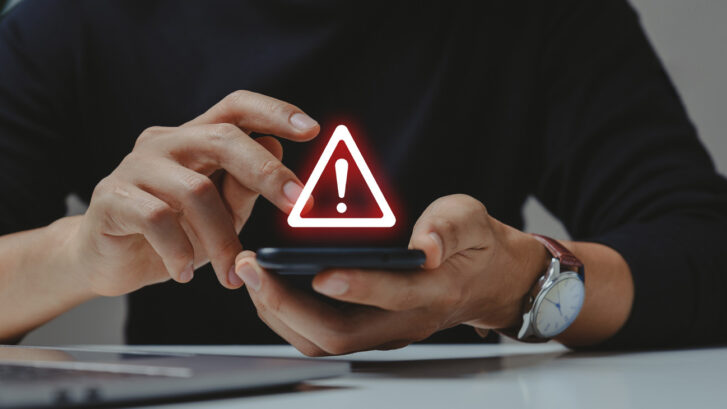Utility scam calls come in all shapes and sizes and have become a prevalent issue, tricking unsuspecting individuals out of their hard-earned money. These fraudulent calls can be sophisticated, often leaving victims unsure of how to distinguish between legitimate communication and scams. Our goal with this article is to provide detailed strategies and insights to help you effectively recognize and avoid utility scam calls, ensuring your personal and financial information remains secure.
Download YouMail and instantly stop spam calls, texts, and voicemail.
Understanding Utility Scam Calls
Utility scam calls typically involve scammers posing as representatives from legitimate utility companies, such as electric, gas, or water providers. They may claim that you owe a past due amount and threaten to disconnect your service unless immediate payment is made. Often, these scammers request payment through untraceable methods like prepaid debit cards, wire transfers, or digital currencies.
Recognizing the Signs of a Utility Scam Call
- Immediate Payment Demands: Legitimate utility companies usually offer a series of notifications about overdue bills, including mailed statements and multiple notices prior to any disconnection action. If a caller insists on immediate payment, particularly over the phone, it’s a red flag.
- Unusual Payment Methods: Utilities generally accept checks, credit cards, or direct bank transfers. Be wary of demands for payment via prepaid debit cards, gift cards, or cryptocurrency—common tools of scammers due to their anonymity.
- High-Pressure Tactics: Scammers often create a sense of urgency to panic the victim into making a hasty decision. Any call that pressures you to act quickly is suspect.
- Request for Personal Information: You should never have to provide personal information such as bank account numbers, social security numbers, or credit card information over the phone to someone who contacted you unexpectedly.
Steps to Protect Yourself from Utility Scam Calls
- Verify the Caller’s Identity: If you receive a suspicious call, hang up immediately and contact the utility company directly using a number from a verified source, such as your utility bill or the company’s official website. You can also do a reverse phone number lookup to see if is any suspicious activity tied to the number that called you.
- Educate Yourself and Others: Awareness is your best defense. Learn about the tactics used by scammers and share this knowledge with friends and family.
- Register for Do Not Call Lists: This can reduce the number of unsolicited calls you receive, although it may not stop scammers entirely.
- Utilize Call Blocking Technology: Many phone companies offer services or devices that block unwanted calls. Apps like YouMail in the US, and Hullomail or Another Number in the UK can also help block scam calls.
- Secure Your Personal Information: Always safeguard your personal information. Do not disclose sensitive details unless you initiated the contact with a known and trusted entity.
Legal Recourse and Reporting Scam Calls
If you suspect that you have received a utility scam call, it is crucial to report it to the appropriate authorities. This helps them track scam patterns and potentially prevent future scams. Report the incident to:
- Federal Trade Commission (FTC): Use the FTC Complaint Assistant website.
- Your State’s Public Utility Commission (PUC): They can provide guidance specific to utility scams in your area.
- Local Law Enforcement: Especially if you have suffered financial loss.
Creating a Secure Environment at Home and Work
Scam calls can target both personal and professional environments. It’s important to establish protocols in both settings to handle unexpected or suspicious calls. Training all members of your household or team to recognize and respond appropriately to scam calls is a critical step in safeguarding against these fraudulent activities.
Conclusion
Staying informed and vigilant is the key to combating utility scam calls. By understanding the tactics used by scammers and following the protective measures outlined above, you can significantly reduce your risk of becoming a victim. Remember, it’s better to question every suspicious call than to risk losing your financial security.





